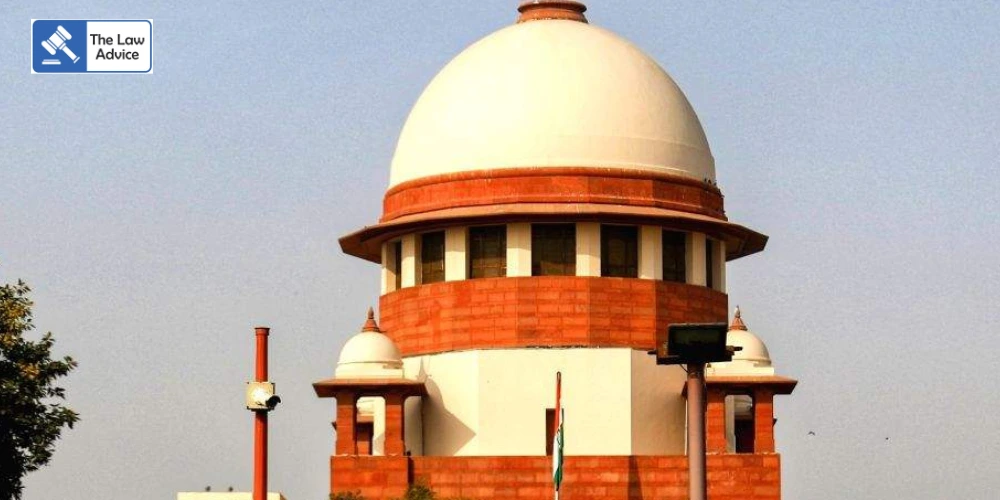
The Supreme Court on November 7 struck down sub-rules (xvii) and (xviii) of Rule 19 of the Bihar Registration Rules, 2008 (as amended in 2019), which mandated that registering authorities refuse to register sale and gift deeds unless the seller produced proof of mutation in their name.
A Bench of Justice Pamidighantam Sri Narasimha and Justice Joymalya Bagchi held that the amendment was beyond the scope of the Registration Act, 1908, and imposed unreasonable restrictions on the constitutional right to transfer property.
The Court held that the impugned sub-rules effectively required mutation and related documents such as Jamabandi or holding certificates under the Bihar Land Mutation Act, 2011, as a prerequisite for executing property transfers, thereby significantly burdening and delaying the sale of land. Such restrictions, the Court said, amounted to an arbitrary interference with the right to hold and dispose of property.
Further, the Court noted that the State’s mutation and land survey processes remain incomplete, making compliance practically unattainable. This rendered the rule “unreasonable and illegal”.
The Bench rejected the State’s reliance on Section 69 of the Registration Act, observing that the Inspector General of Registration has only limited authority to regulate procedural aspects of registration offices and cannot introduce substantive conditions affecting title. The Court also disagreed with the Patna High Court’s view that general rule-making powers under Section 69(1)(j) permitted such conditions.
Reiterating the established distinction between registration and ownership, the Court emphasized that registration confers only evidentiary presumption and does not determine title. India’s current system remains based on presumptive titles, with a substantial portion of civil litigation arising from land disputes.
Calling attention to systemic inefficiencies in land governance, the Bench indicated that technological advances—particularly Blockchain-based land records—could strengthen reliability, reduce disputes, and increase transparency in property transactions.
The Court requested the Law Commission of India to evaluate reforms towards a conclusive titling system and to consider harmonizing the Transfer of Property Act, Registration Act, Stamp Act, and allied land laws with technological integration.
Allowing the appeals filed by Samiullah and others, the Supreme Court set aside the Patna High Court judgment and quashed the 2019 notification introducing the disputed sub-rules.
Case Title: Samiullah v. State of Bihar
Website designed, developed and maintained by webexy